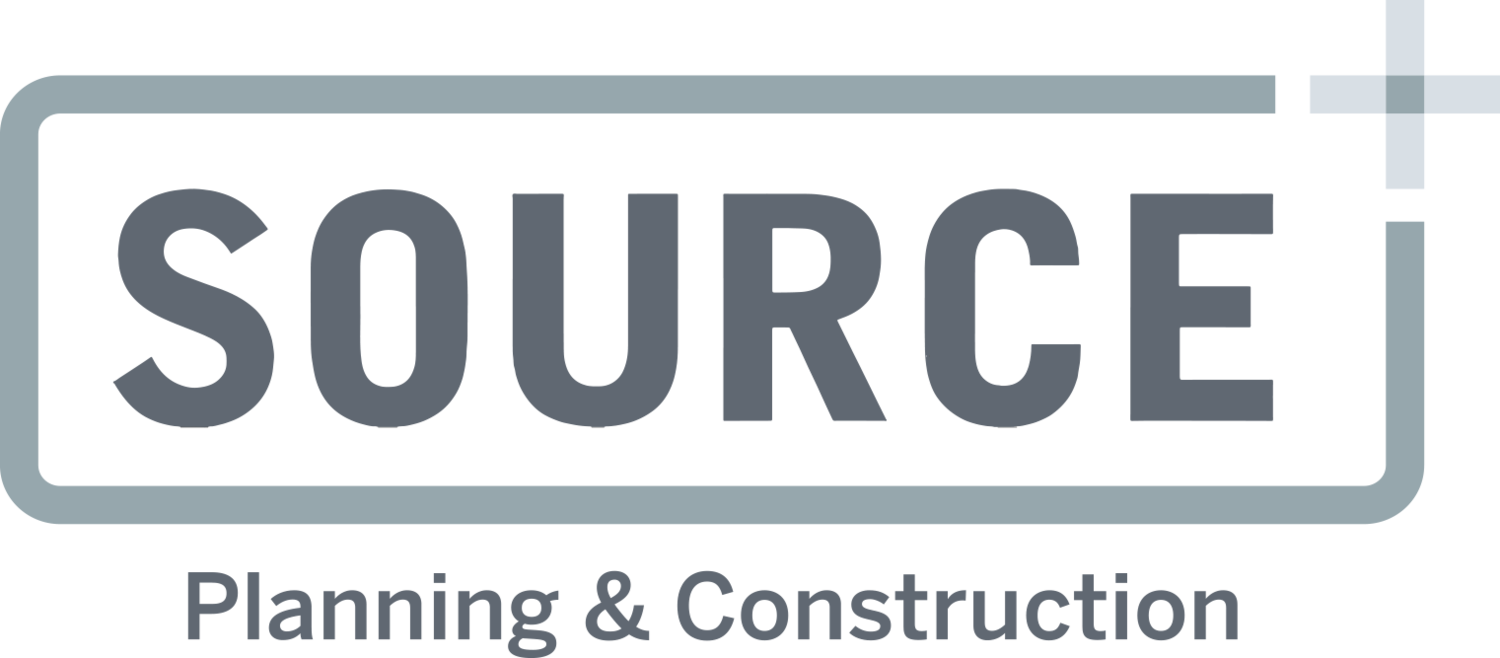How to Navigate Supply Chain Disruption
Even if you’re not in commercial construction, at some point you’ve dealt with impacts from the disruption to the supply chain. Every industry has been impacted by the global shipping disarray and the ripple effects from port congestion to labor shortages.
The supply chain used to be a specialized subject, but with national delays and a few empty shelves, it’s now entered mainstream awareness. Experts anticipate supply chain issues to continue well into 2022, so it’s clear we need to find a way to adjust to yet another new normal.
Here are some tips for navigating supply chain issues:
Anticipate Higher Lead Times
On construction projects, lead times refer to how long it takes between placing an order and its delivery to the project site. According to research analysts, depending on the materials, lead times for materials have gone from days to weeks, and from weeks to months.
Planning ahead is more important than ever before.
Chart: Industry’s current lead times:
| Item* | Pre-COVID Delivery Time | Current Delivery Time | Future Delivery Time |
|---|---|---|---|
| Prestressed concrete products | 3-4 months | 6-7 months | 6-7 months |
| Asphalt roofing and siding | 2-4 weeks | 2-3 months | 2-3 months |
| Concrete block and brick | 2-4 weeks | 3-6 weeks | 3-6 weeks |
| Ready-mixed concrete | 1-2 days | 1-2 weeks | 1-2 weeks |
| Precast concrete products | 2-4 weeks | 4-6 weeks | 4-6 weeks |
| Brick and structural clay tile | 3-4 weeks | 16-20 weeks | 16-20 weeks |
| Flat glass | 3-4 weeks | 8-16 weeks | 8-16 weeks |
| Gypsum products | 3-4 weeks | 5-6 weeks | 5-6 weeks |
| Insulation materials | 2-4 weeks | 4-5 months | 4-5 months |
| Steel pipe and tube | 4-8 weeks | 4-5 months | 4-5 months |
| Aluminum mill shapes | 4-8 weeks | 4-5 months | 4-5 months |
| Sheet metal products | 2-4 weeks | 4-6 weeks | 4-6 weeks |
| Fabricated structural steel | 6-8 weeks | 5-6 months | 5-6 months |
| Metal bar joists and rebar | 2-3 months | 6+ months | 6+ months |
| Lighting and Mechanical Control System components |
4-6 weeks | 4-6 months | TBD |
| Light Fixtures | 6-8 weeks | 10-14 weeks | TBD |
| Plumbing Fixtures | 2 weeks | 10-14 weeks | TBD |
* Bold and underlined = items that most closely affect Source Planning & Construction
Diversify your source of suppliers
When you only depend on a handful of suppliers, you're putting your fate in their hands. By diversifying your suppliers you create multiple paths for continually bringing in the supplies you need even when one supplier is unable to deliver.
Stay connected to your suppliers
Maintain open communication with those in your supply chain. Check in regularly so you get an accurate sense of their timeline. Plan multiple steps ahead as you discuss inventory so you know when you need to make adjustments.
Source is not immune to the supply chain disruption, but we do have one advantage: Planning is a core part of our strategy. Now more than ever, you need to stay ahead of your projects.

